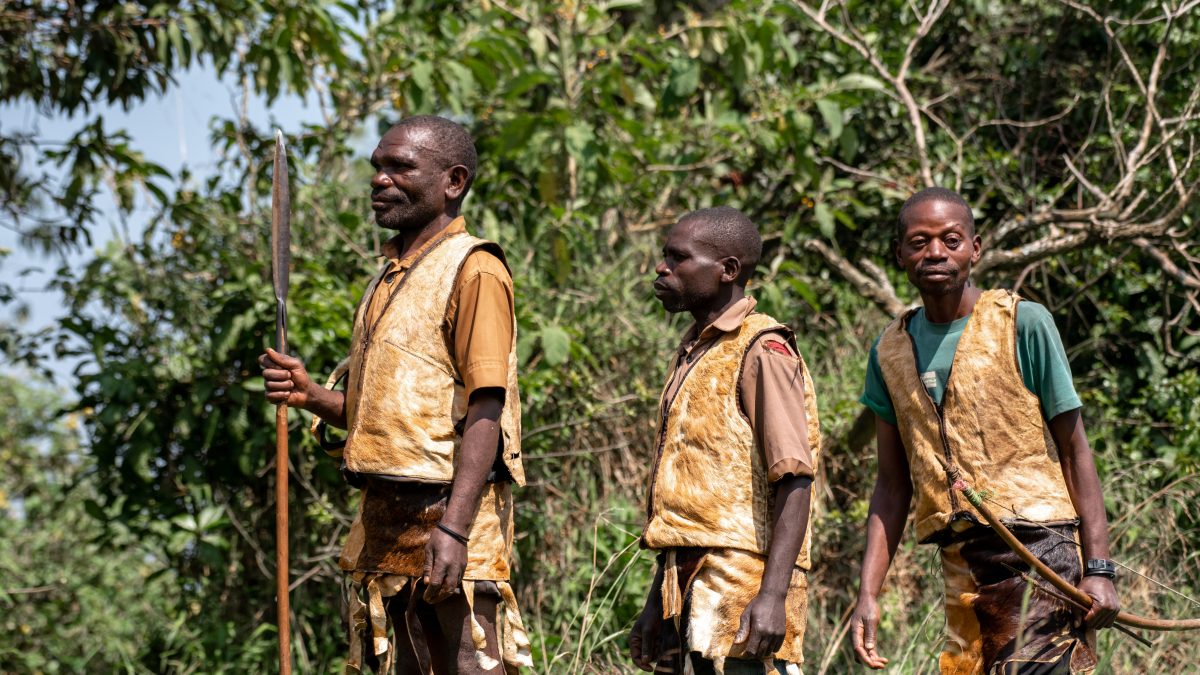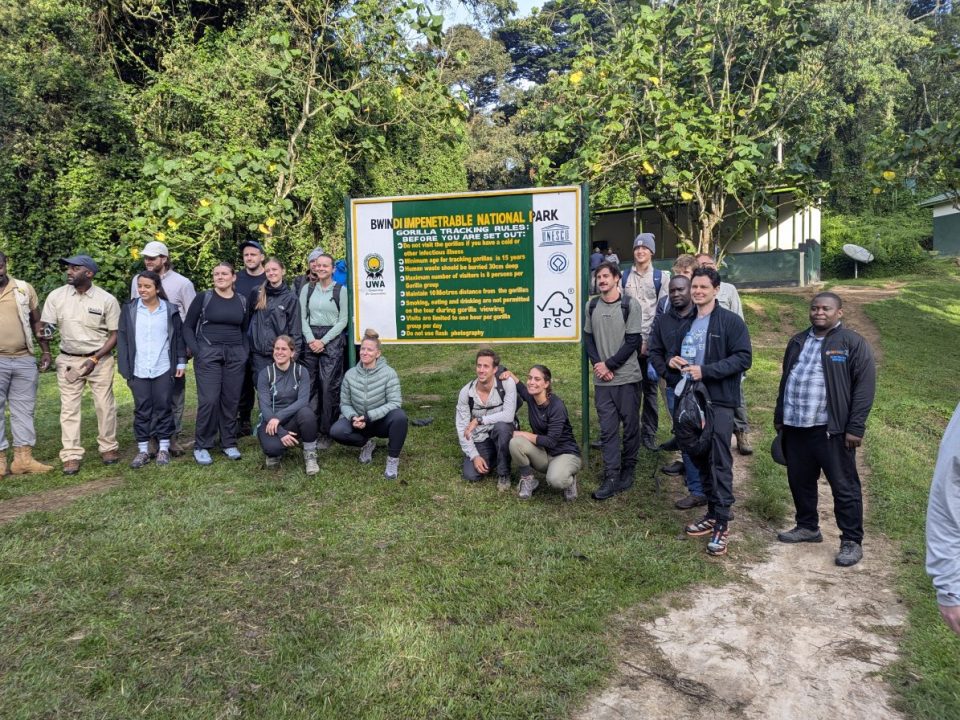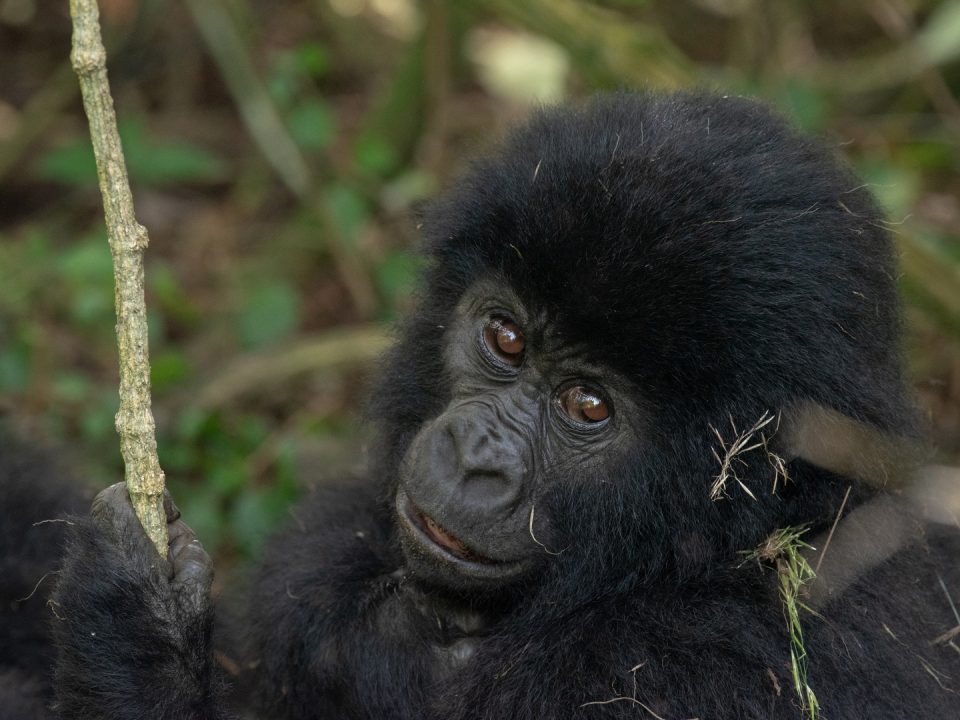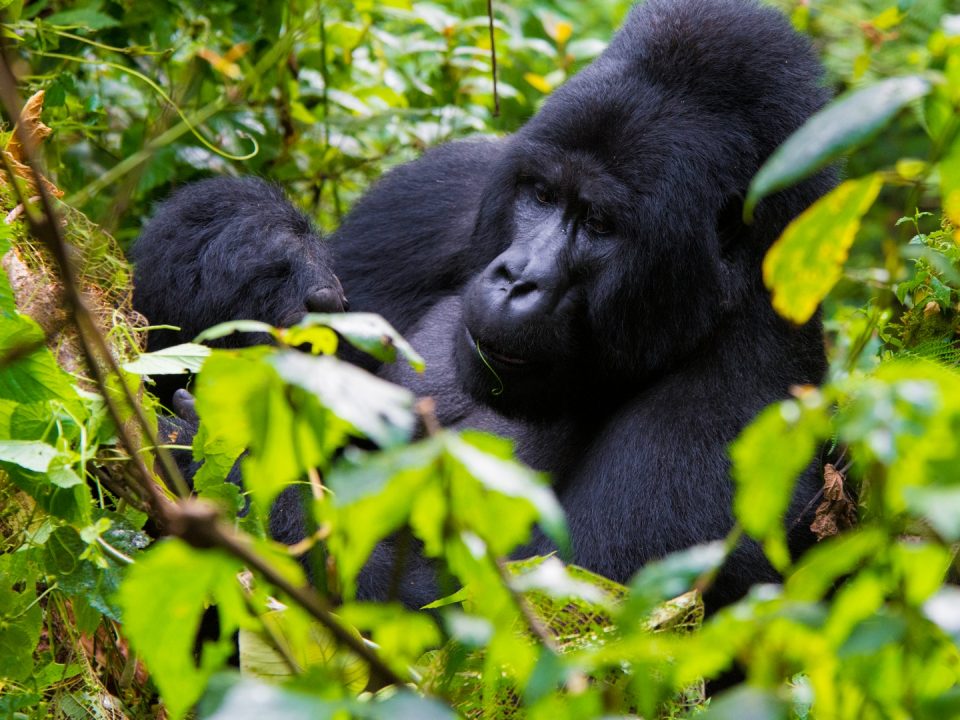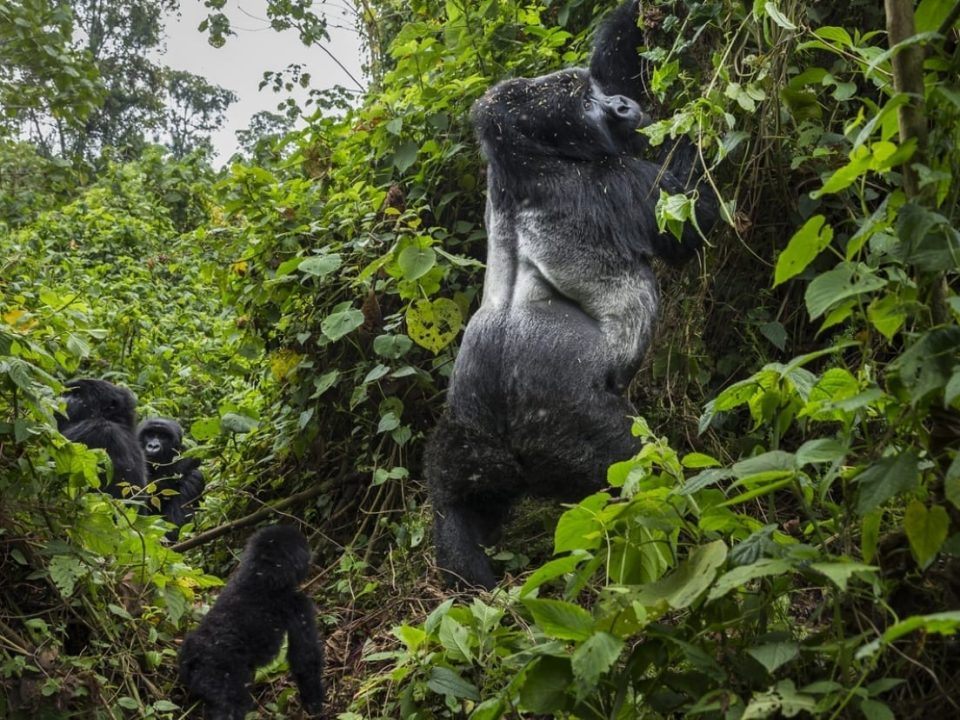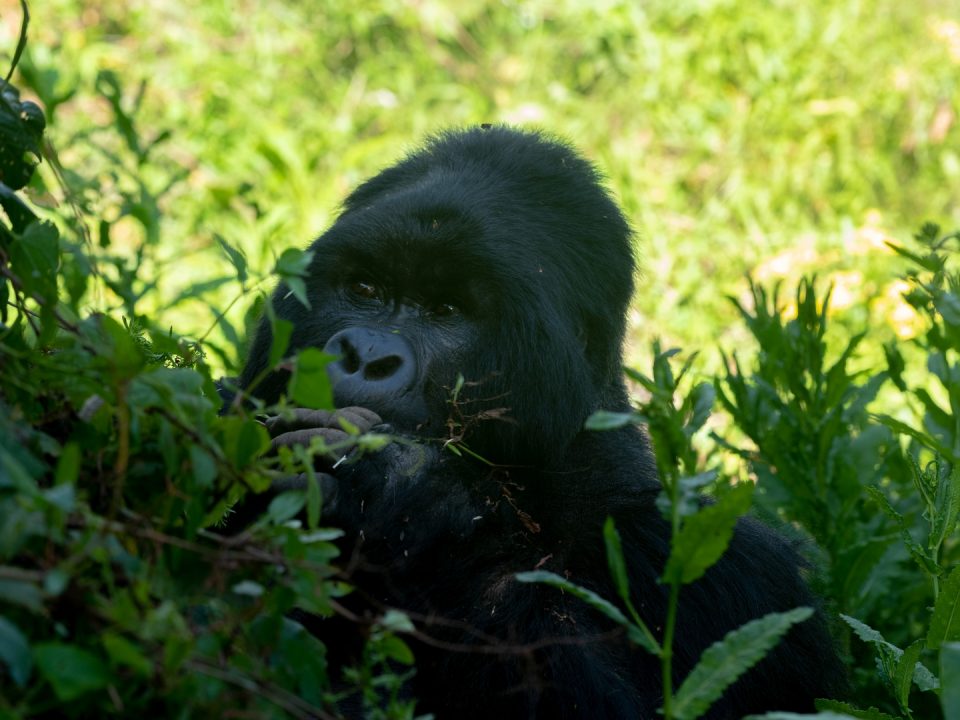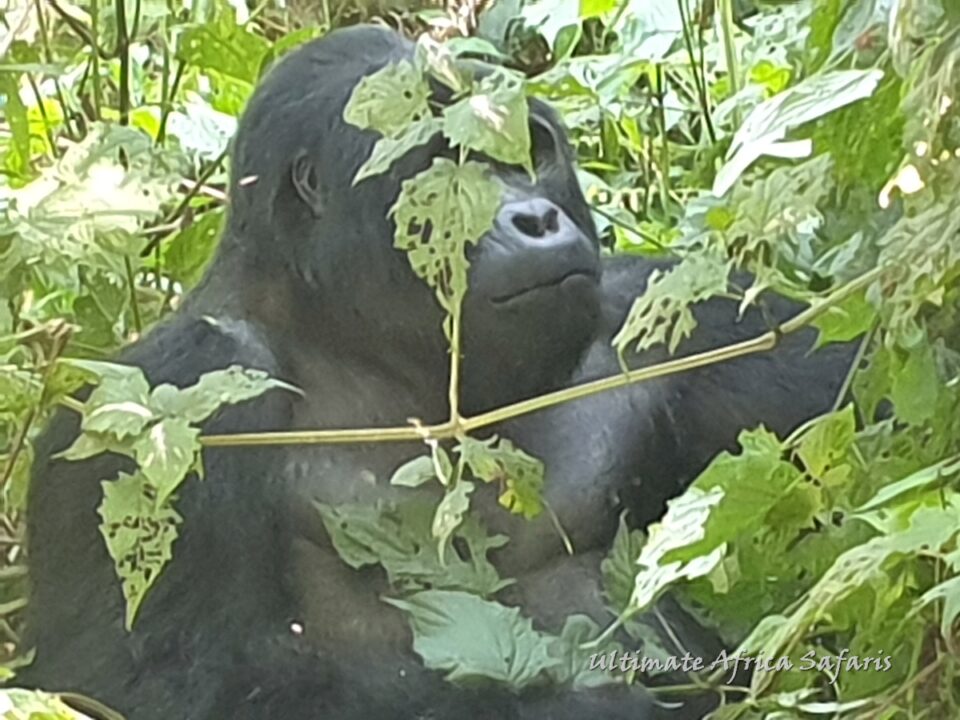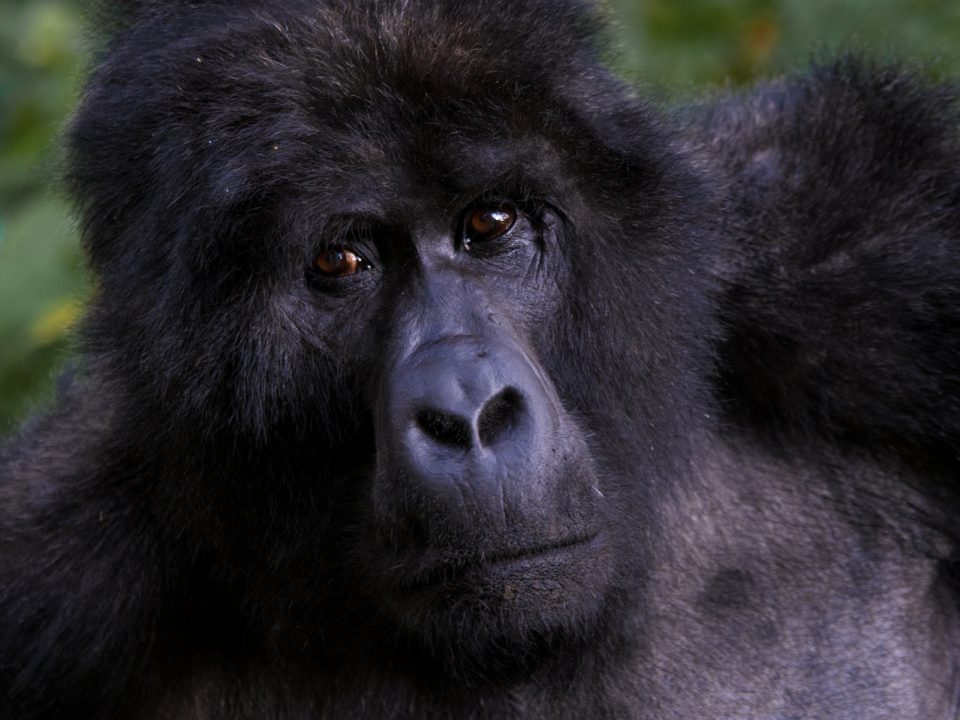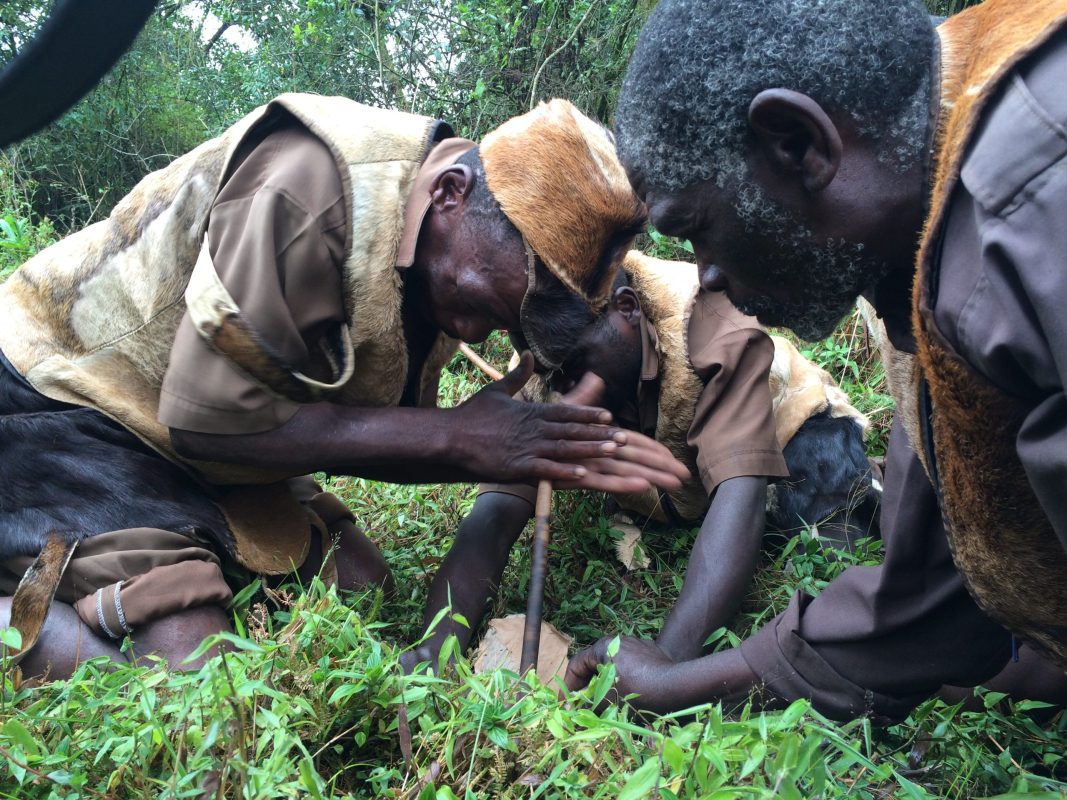
Batwa Cultural Experience
August 11, 2023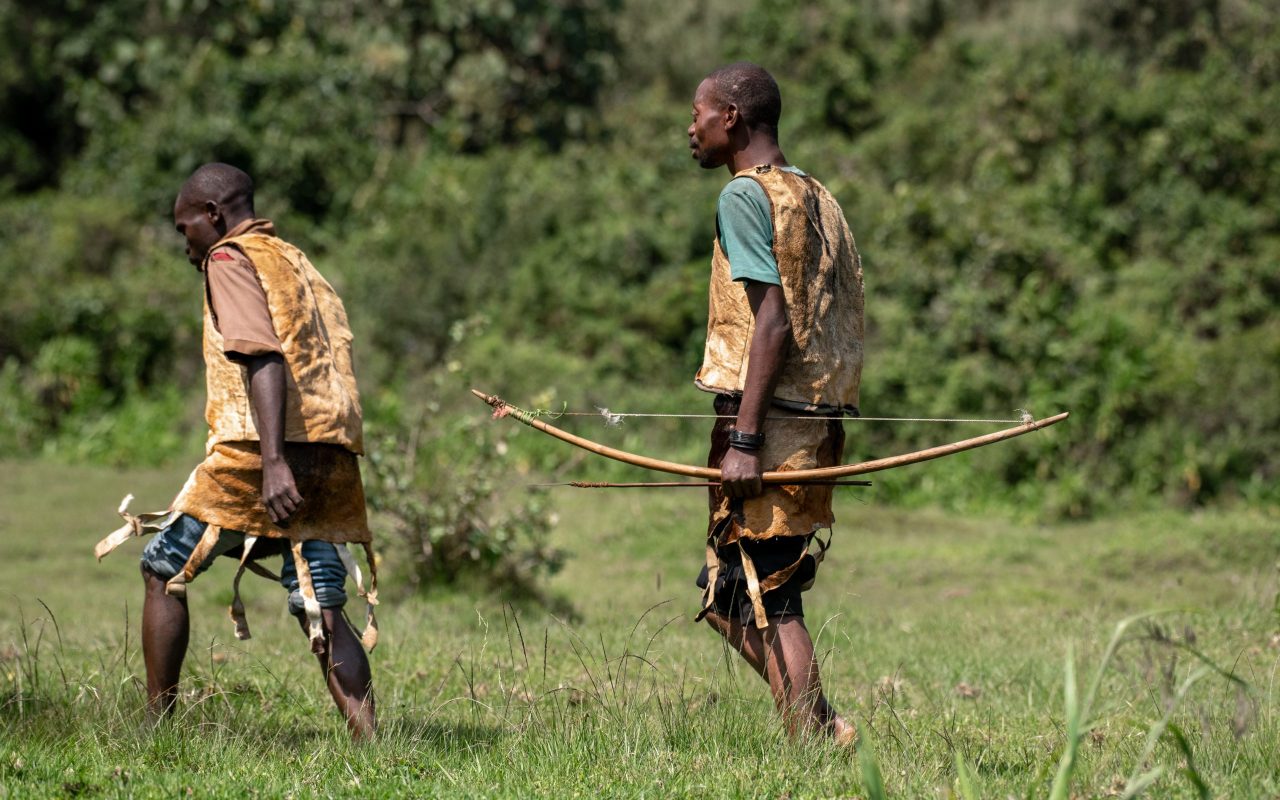
What is the Cost of Visiting the Batwa People in Uganda?
August 11, 2023About Batwa Cultural People, Dance, and Life
The Batwa people, also known as the “Pygmies” or “Twa,” are indigenous people who traditionally inhabit the forests of Central Africa, primarily in countries like Rwanda, Uganda, and the Democratic Republic of Congo (DRC). They have a distinct culture, way of life, and unique dances that reflect their deep connection to their natural surroundings.
Culture and Way of Life
The Batwa people have a rich cultural heritage that revolves around their forest lifestyle. They are skilled hunter-gatherers and rely on the forest for their livelihoods, gathering wild fruits, hunting small game, and utilizing plants for various purposes, including medicinal uses. Their traditional dwellings are often simple huts made from natural materials found in the forest.
Dance and Music
Dance and music play an essential role in the Batwa culture. Their dances are energetic, rhythmic, and often performed in groups. These dances serve various purposes, including celebrations, rituals, and storytelling. The Batwa use dance and music to express their emotions, tell stories of their history and daily life, and connect with their spiritual beliefs.
The Batwa’s traditional music includes vocal chants, hand-clapping, and the use of simple musical instruments like drums, rattles, and flutes. These instruments are often made from materials found in the forest, showcasing their resourcefulness in utilizing nature for artistic expression.
Challenges and Contemporary Issues
In recent times, the Batwa people have faced numerous challenges due to the encroachment of their ancestral lands, deforestation, and displacement from their traditional territories. Conservation efforts and the establishment of national parks and protected areas have led to the eviction of many Batwa communities from their ancestral lands, disrupting their way of life and cultural practices.
Efforts have been made by various organizations and governments to address these challenges and promote the rights and well-being of the Batwa people. These initiatives often focus on land rights, education, healthcare, and cultural preservation, while also considering their unique needs and perspectives.
Cultural Preservation and Tourism
As their traditional way of life faces threats, some Batwa communities have embraced cultural tourism as a means to preserve their heritage while also generating income. They offer visitors insights into their traditional practices, dances, music, and way of life. However, it’s important that such tourism initiatives are carried out in a respectful and ethical manner, ensuring that the Batwa have agency and control over how their culture is presented and shared.
In summary, the Batwa people have a rich cultural heritage deeply intertwined with their forest environment. Their dances, music, and way of life reflect their unique connection to nature and their history as indigenous people of Central Africa. Efforts are ongoing to address the challenges they face and to ensure the preservation of their culture for future generations.
Best Time to Visit the Batwa People in Uganda
The best time to visit the Batwa people in Uganda would generally be during the dry seasons, which are divided into two main periods.
It’s worth noting that Uganda’s climate can vary depending on the region, with some areas experiencing more consistent rainfall throughout the year. When planning your visit to the Batwa communities, it’s a good idea to research the specific location you intend to visit and its climate patterns to ensure you have the best experience possible.
However, before planning your visit, it’s important to do thorough research and consider factors beyond just weather, such as the local cultural calendar, any special events or festivals, and the availability of accommodations and services. Also, make sure to respect the Batwa people’s culture, privacy, and wishes during your visit and engage in any cultural activities or interactions with sensitivity and respect.
December to February
This is the short dry season and is characterized by relatively low rainfall and pleasant temperatures. It’s an excellent time to visit the Batwa communities as the weather is generally favorable for outdoor activities and cultural interactions.
June to September
This is the longer dry season and is considered the best time to visit many parts of Uganda, including the areas where Batwa communities reside. The weather is usually dry and sunny, making it ideal for exploring and engaging with the locals.
During the dry seasons, the roads are more accessible, and outdoor activities are more enjoyable. Additionally, the dry periods are less likely to disrupt travel plans due to heavy rains or road closures.

